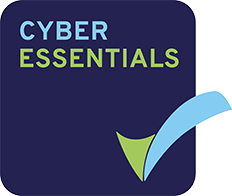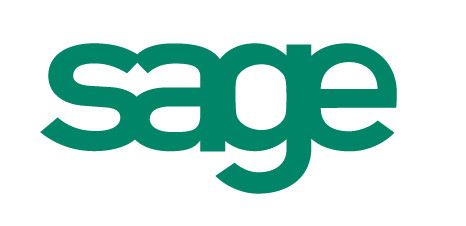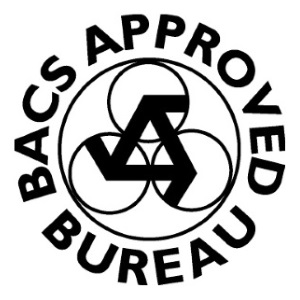Consider how much to pay yourself
Whether you make your living baking cupcakes or building houses, as a sole trader or a director of a business, there are lots of things to consider when you’re deciding how much you should pay yourself.
As accountants, we talk a lot about making the most of your allowances and tax efficiency, but here’s what else you should consider when you’re looking at your salary.
1. Consider how much someone else would pay you
If your company is in profit, then pay yourself the market rate. If you can’t afford to pay yourself the market rate in the first couple of years, make yourself a sensible budget and pay yourself enough to live on.
2. Pay yourself regularly
It will help with your budget, especially in the first few years, if your company’s profits are still growing. Also, taking irregular big sums out of your business could prompt a tax investigation from HMRC.
3. Focus on profit rather than revenue
Just because money is coming into your business, don’t assume you can take whatever you want out. You need to include all your outgoings for your business: tax, payroll, fixed costs and overheads. Include your salary in this list too.
4. Consider investing money back into your business for growth
This will help you grow your business, so that you can pay yourself more in the future. Also, any money that you take out of the business is likely to be liable to tax, so by re-investing your money it can hold greater value for you.
5. Look at tax efficient ways of paying yourself
You should consider paying yourself a salary and dividend payment that make the most of your allowances, so that you can be as tax efficient as possible. However, you can also look at stock and stock options or an annual bonus.
6. Don’t forget the extras
There can be additional financial benefits to running your own business. Consider legitimate business benefits such as medical insurance and pension or superannuation fund contributions.
Other expenses that can be offset against the tax your company pays include car expenses for business mileage, mortgage interest payments and other bills if you work from home, and capital interest expenditure for technology and books.
7. Review the arrangements
Just remember if your business is going through a tough time financially, you may need to review what you are paying yourself, as creditors will be unimpressed if you are paying yourself a large amount and they aren’t being paid at all.
8. Ask the experts!
Well, we would say that. Your accountant can help you make sensible decisions with your best interests and that of your business at heart. Give us a call on 0161 476 9000 or contact us by email.











